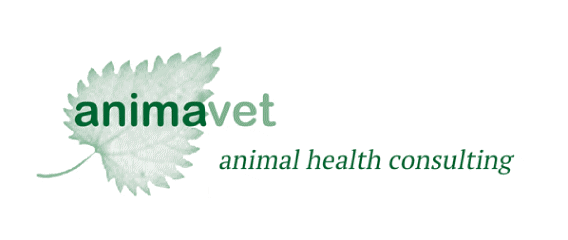
Christine King BVSc, MANZCVS (equine), MVetClinStud
Hendra: why not just go ahead and vaccinate?
Final thoughts (for now)
I began this article by saying that I'm writing so that I'll know what I think — so that I can sort through my many and varied thoughts on the subject and make some sense out of them, for myself as much as for anyone else. I started out thinking that I was conflicted about the Hendra vaccine. Now I realise that I'm not (or no longer) conflicted; I simply don't have a blanket recommendation for its use.
Weighing the risks against the benefits, I came to the conclusion that there is a place for this vaccine in responsible horse care. However, I don't think that place is anywhere near as large as the vaccine manufacturer would have us believe. And I respectfully disagree with the position of the Australian Veterinary Association that horses in areas known to have had HeV infection "must" be vaccinated against HeV:
- "In areas known to have had Hendra virus infection in horses, owners must be mandated to vaccinate their horses against Hendra virus."
I am not an "anti-vaxxer" (a person who is opposed to vaccination); rather, I'm a judicious vaccinator, basing my decisions on the available science and on the outcome of the risk vs. benefit equation for each individual horse. To me, that's just good medicine.
I was relieved to learn that there are two HeV antibody tests available for use in horses, although I'm frustrated that the HeV titre test is so expensive. It would be wonderful if that particular test became more affordable so that we could be tailoring vaccination programs (e.g., timing of boosters) to each individual horse and circumstance.
In horses with no detectable HeV antibodies, it would be wise to vaccinate those living in high-risk areas, such as near known flying fox roosts or 'camps', and on properties where flying foxes are frequent visitors. The same goes for horses who travel extensively for work or breeding, including to areas where flying foxes may be active.
The Queensland government monitors flying fox activity throughout the state and publishes maps of known flying fox camps:
- Here is the map showing the entire state of Queensland.
- Here is the map of regional Queensland. Below the map are links to more detailed maps of specific regions.
- Here is the map of southeast Queensland, including the greater Brisbane area. Below the map are links to more detailed maps of specific areas.
- Click on the map showing where your horse lives, or where you're expecting to travel with your horse, to see where the flying fox camps are in that area.
For those travelling interstate, here is the map of Australia, showing the camps being monitored by the National Flying-fox Monitoring Program.
***
Thus far, all efforts to mandate HeV vaccination of horses have failed and the decision whether to vaccinate your horse against HeV is entirely yours to make. I encourage you to add annual HeV antibody testing to your horse's preventive healthcare program so that you're better able to make good management decisions.
I hope this article has helped by sharing the available science with you and going through the various risks and benefits in detail. I'll continue to keep an eye on the research and update this article as new information comes to hand. Stay tuned...
© Christine M. King, 2020. All rights reserved. Last updated 20 August 2020.